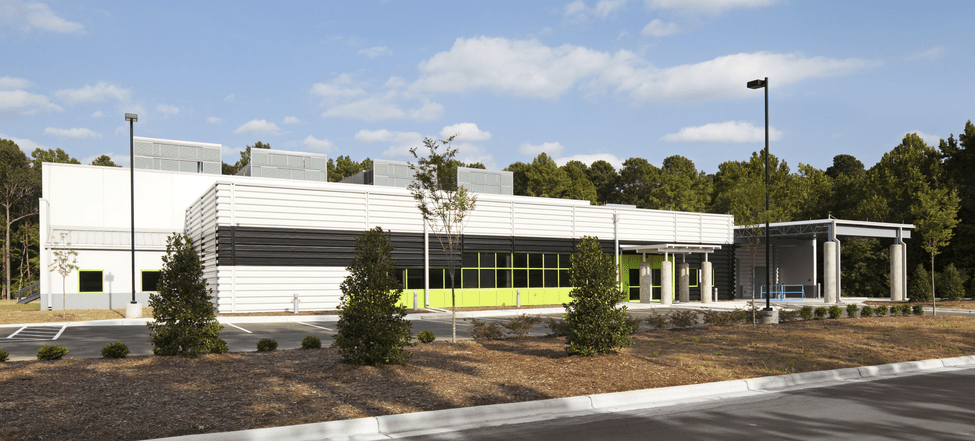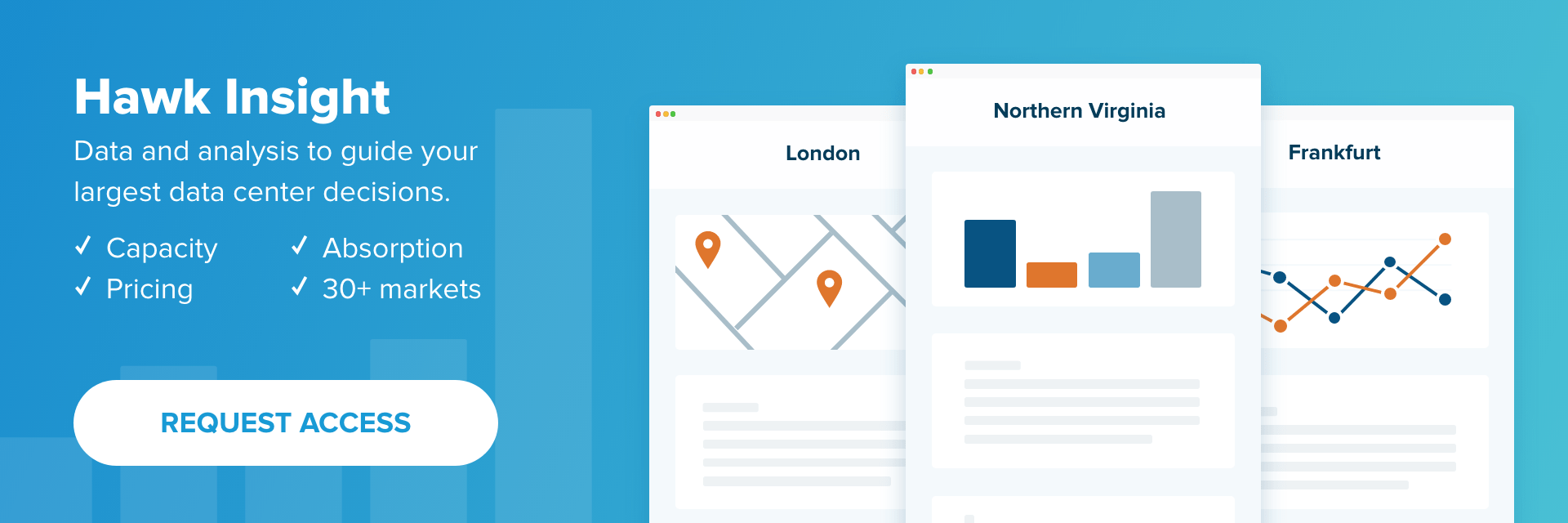By David Liggitt · 3/9/2015

We recently sat down with Chris Crosby with Compass Datacenters for his take on the upcoming year in the data center business and for his growing company.
Hear what he has to say below:

What's on the horizon for Compass Datacenters in 2015?
I expect 2015 to be a strong year for Compass. The evolution of the market continues to embrace outsourced data center services. With the majority of the enterprise community focused on outsourcing as an alternative to Do-It-Yourself, we continue to uncover new opportunities. When coupled with the need for enterprise-grade mission critical environment along with low latency to the user group, this translates into a very positive development for Compass since our ability to build one of our hardened, dedicated data centers in any geographic location dovetails.
Based on our corporate philosophy of continuous improvement, we will also continue to refine our design, processes and procedures throughout the course of the year. Our continued focus in this area will enhance our ability to deliver a superior product and support to our customers.
What trends will have the greatest impact on the data center industry moving forward?
Certainly, the continued evolution of the broader adoption, as discussed above, will have a major impact on how customers plan for, and add, new data centers. Despite all the talk about technologies DCIM and Software Defined Data Centers, I think basic blocking and tackling will continue to drive the thought processes of most enterprise users. This means that issues like certifications will become increasingly important to their final decisions. Many data center providers have historically played fast and loose with their claims of Tier III certification for example. While their designs may have been certified, the facility they actually built aren't and customers with mission critical applications are beginning to demand that the facility they purchased, or took space in needs also to be constructed certified by the Uptime Institute to ensure that they are getting what they actually paid for.
In terms of operations I think you will see security and safety become a larger issue. The increased demand on the part of customers for higher levels of reliability is driving many providers to perform work on equipment in a live mode. This is inherently unsafe and can have serious consequences, like arc flash incidents, that can even prove to be fatal. Since safety should be a concern for both providers and customers, I think you'll more firms insisting on concurrent maintainability within their data centers to guard against human affecting catastrophic events.
Why is transparency important to your firm, as you build and operate data centers throughout the United States?
I started Compass with the intention of developing a company that delivered a product that addresses the disconnects between data center providers and their customers that I have seen over the years. Perhaps the largest one of these is the hands-off relationship that tends to define the relationship between providers and their customers. Not to over generalize but, "don't call me, I'll call you" isn't a strong description of how most providers deal with their customers once they get the purchase order. This makes no sense to me. If you are entrusting me with building the facility for your mission critical applications, what you're really doing is putting your trust in my ability to deliver the solution you require. For example, all of your scheduling and planning is contingent on how we perform. Therefore, it is incumbent on us to ensure that you know what is going on every step of the way, whether the news is good or bad. At Compass, we value this level of trust that our customers have placed in us, and feel that the long term success of this relationship makes it incumbent on us to deal openly with them. This is why we have an "open book" policy in our customer relationships. In practice, this means that we'll proactively keep you engaged and in the event that something goes wrong, we'll tell you why it happened and how we're going to fix it. We've found that customers value this level of intimacy and collaboration.
What impact will cloud computing have on the data center market in the days ahead?
Despite the prognostications of folks that say the cloud will kill the data center, I don't see the relationship as an either/or proposition. Rather than adversarial, their relationship is symbiotic. The cloud is an amalgamation of distributed servers and storage equipment. All of these elements need a home and that is the data center. Since the volume of data that needs to be housed and processed continues to increase in a geometric fashion (I recently saw an estimate that it will be 7.7 zettabytes by 2017) these volumes are outstripping the innovation cycle of the hardware and software needed to support it. Thus, we still are going to need a whole lot of new hardware to keep up with the demand and correspondingly, this means a continued requirement for more data center capacity. So while the cloud is bad for server closets, it is a significant growth area for purpose built facilities. We continue to envision that private cloud is a core market that our product serves very well. For that enterprise that is looking for the benefit of cloud from a cost control, but still has the need for a highly secure environment for the "crown jewels," we make a fantastic fit.
I also think one major development that the growth of the cloud is already precipitating is the distributed architecture of data center networks I alluded to earlier. The data volume is too large to rely on centralized mega data centers alone and that is going to push more and more of the processing requirement to the edge, which will drive the growth of edge data centers like those provided by Compass and even the development of micro-facilities in the near future.
What's the one thing that surprised you about the data center market in the previous 12 months?
I don't know that I can say that anything surprised me in the past year as opposed to validate my perceptions of the business that I've gathered over the past decade. I think it's always interesting to see the shear number of “next big things" that never really develop past the hype cycle. DCIM appears to be the next victim of this trend. This doesn't mean that the industry doesn't continue to focus on innovation, but it does mean that participants really need to think about how new technologies will really impact their business and whether implementing them will actually benefit their operations and/or bottom line. Just because everyone's talking about something doesn't mean everyone should be doing it. In my experience, most companies wind up gaining the most value from their data centers when they focus on basic principles like how can I do my next hardware refresh better or do I need more capacity, and if so, what's the most cost effective way to do it.
